Your recipe for success in technical interviews
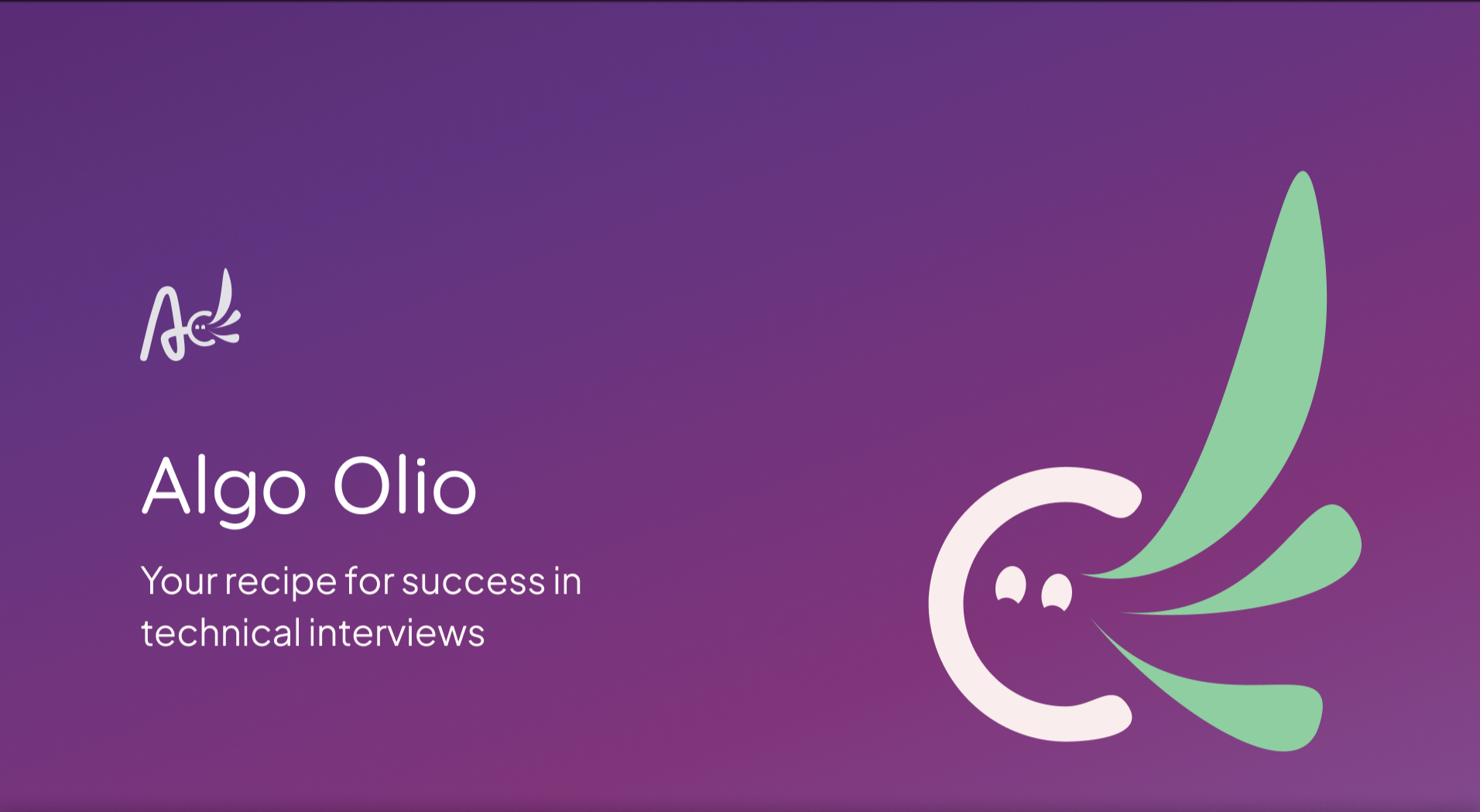
Javier Fernandez
Belinda Seet

The technical interview process for most software and tech roles typically unfolds across three critical stages, each filtering candidates more rigorously than the last.
Resume Screening
This is the initial gate where an automated system assesses your background, skills and experiences based on your CV. A clear, relevant and well-structured resume is crucial to advance past this stage.
Technical Screening (OAs)
Often the most daunting part of the process, this stage involves online assessments (OAs) or take-home coding challenges. Here, your problem-solving skills, coding proficiency and algorithmic thinking are tested under time constraints. The red highlights how challenging and notorious this stage is as many candidates struggle or get filtered out here thus making focused preparation essential.
On-site Screening
Reserved for shortlisted candidates, this phase typically includes technical interviews, system design discussions and sometimes behavioural assessments. It’s where your practical thinking and communication skills are examined more deeply by engineers and hiring managers.
Each stage demands a tailored preparation approach, but excelling in the technical screening round is often the key differentiator that propels candidates towards final interviews and offers.
At the heart of most technical screenings lies one major hurdle — Data Structures & Algorithms (DSA). Here is the multifaceted nature of why DSA is hard to master:
Complexity: Problems often involve intricate logic with multiple moving parts that are difficult to reason about under pressure.
Laundry List of Structures: From heaps to tries to graphs and segment trees, candidates are expected to recall and apply a wide variety of structures with precision.
Layers of Optimization: A brute-force solution isn’t enough. Interviewers expect optimised approaches in terms of both time and space that pushes candidates to balance trade-offs quickly.
Edge Cases: Even correct logic can fail if it doesn’t handle edge cases like empty inputs, duplicates or large datasets. These often become the silent killers in OAs.
Together, these challenges can cause even the most well-prepared candidates to underperform in online assessments, especially without timely feedback or strategic guidance.
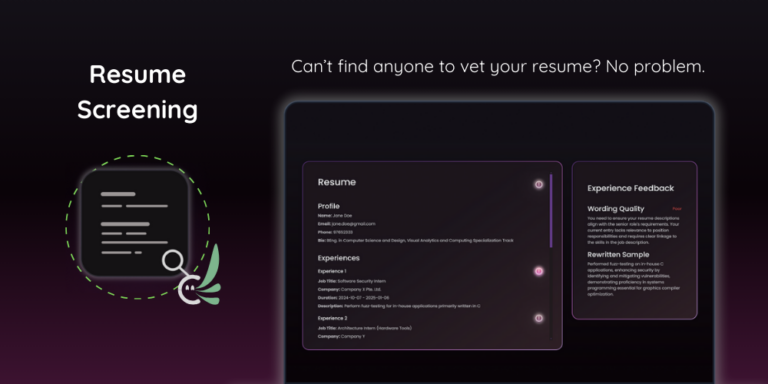
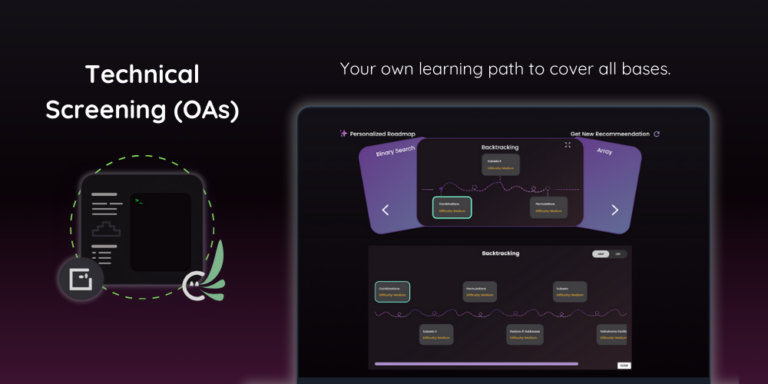
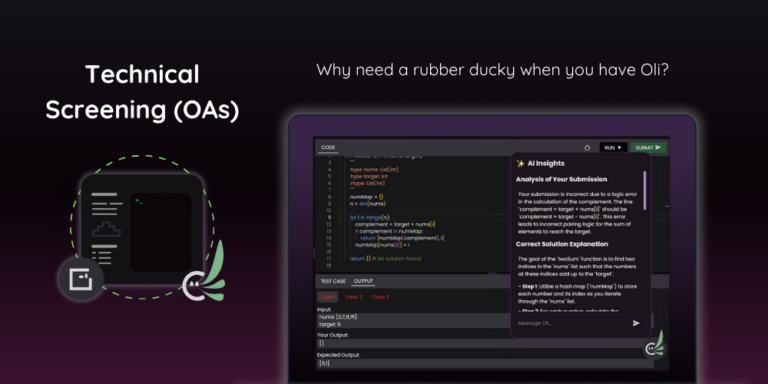
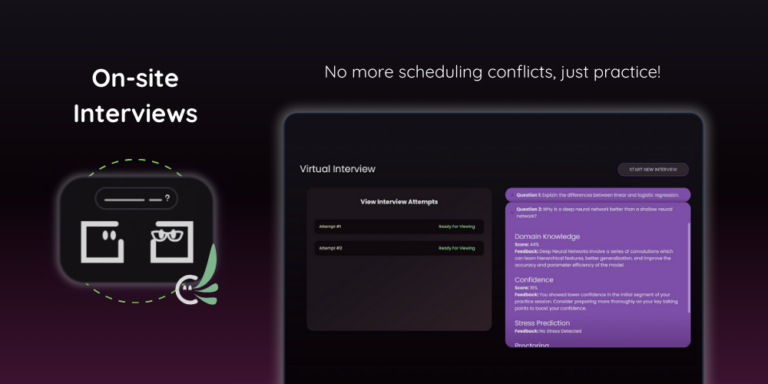




Team AlgoOlio would like to thank our Capstone instructors: Prof Javier Gomez Fernandez, Prof Oka Kurniawan as well as our Communications, Writing, and Reading Mentor, Belinda Seet for their valuable advice which were pivotal to AlgoOlio’s success. We would also like to thank the SUTD Entrepreneurship Centre for their support.
The team would like to thank our Entrepreneurship Capstone and Baby Shark Fund mentors, Chee Beng and Lily Phua for their valuable guidance and practical advice.
To all our mentors, thank you for your support, encouragement and guidance, which have been instrumental in the success of this project. Together, let’s shape the future of technical interview preparation!
Vote for our project at the exhibition! Your support is vital in recognizing our creativity. Join us in celebrating innovation and contributing to our success. Thank you for being part of our journey!
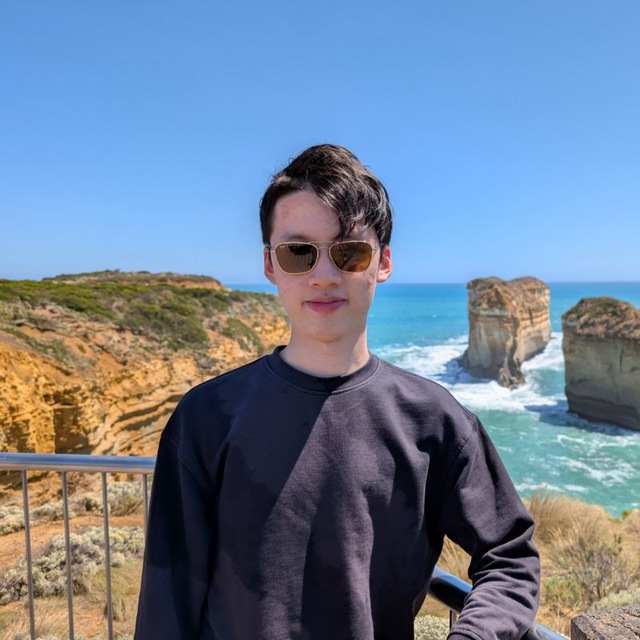


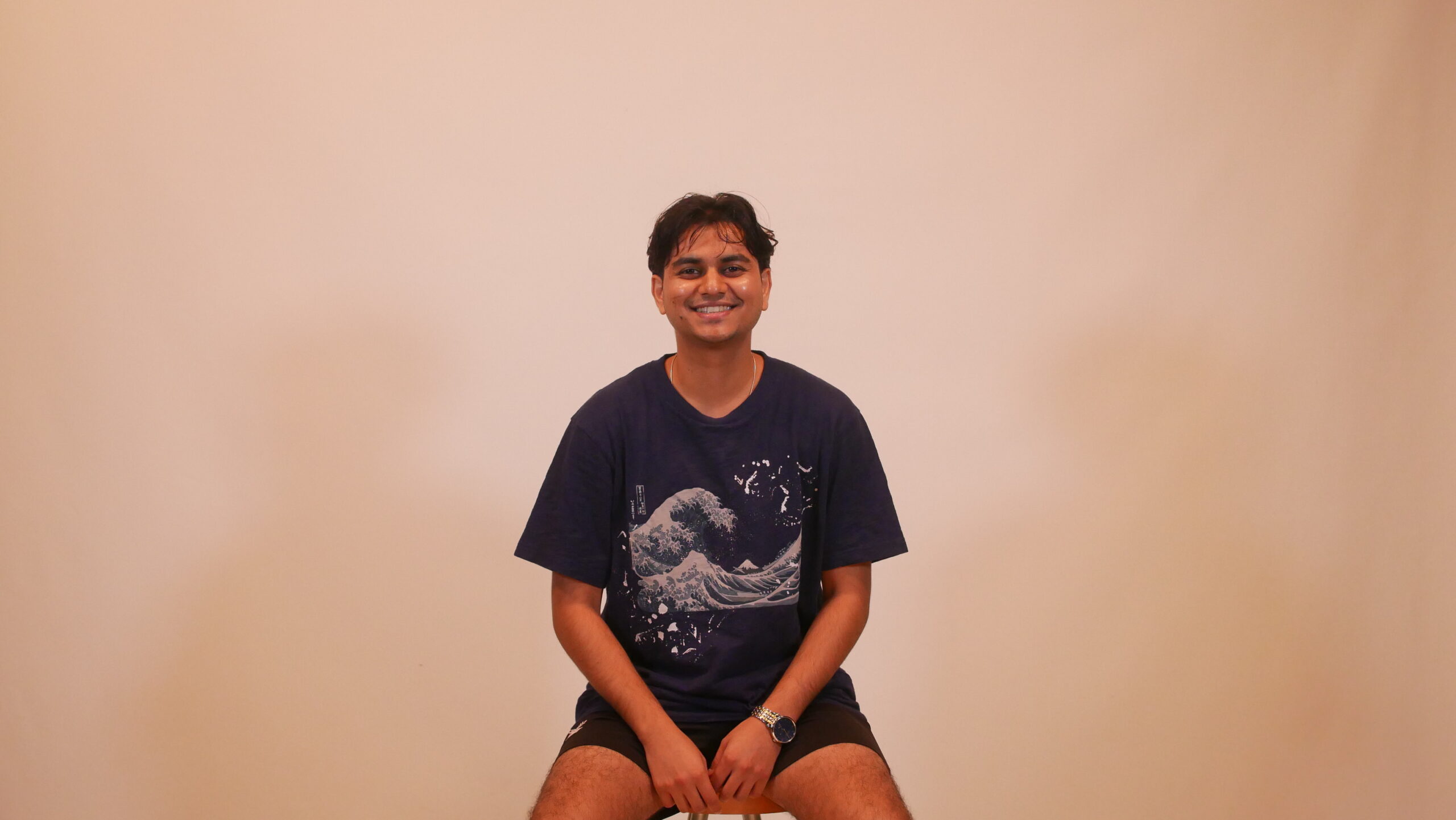


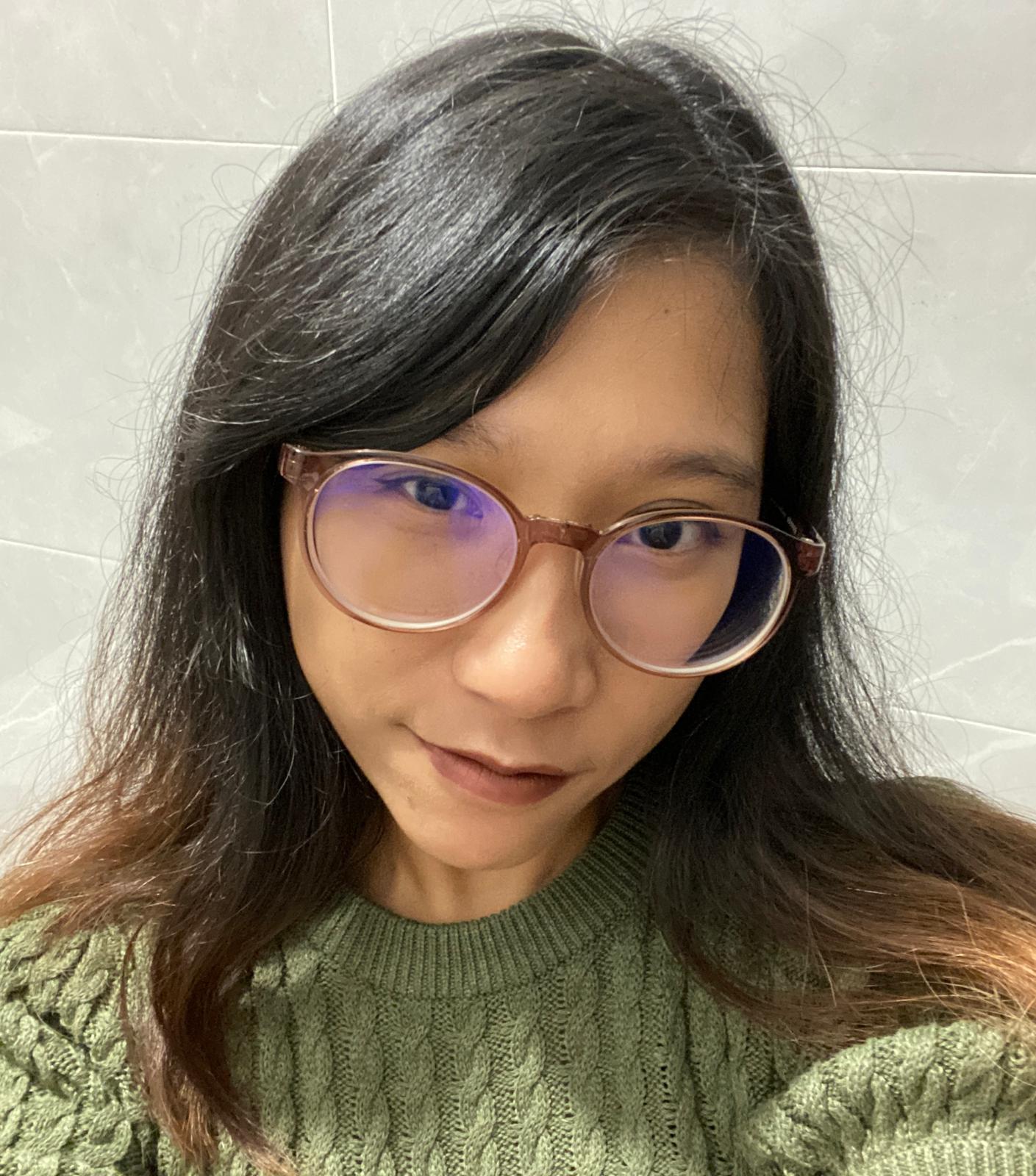


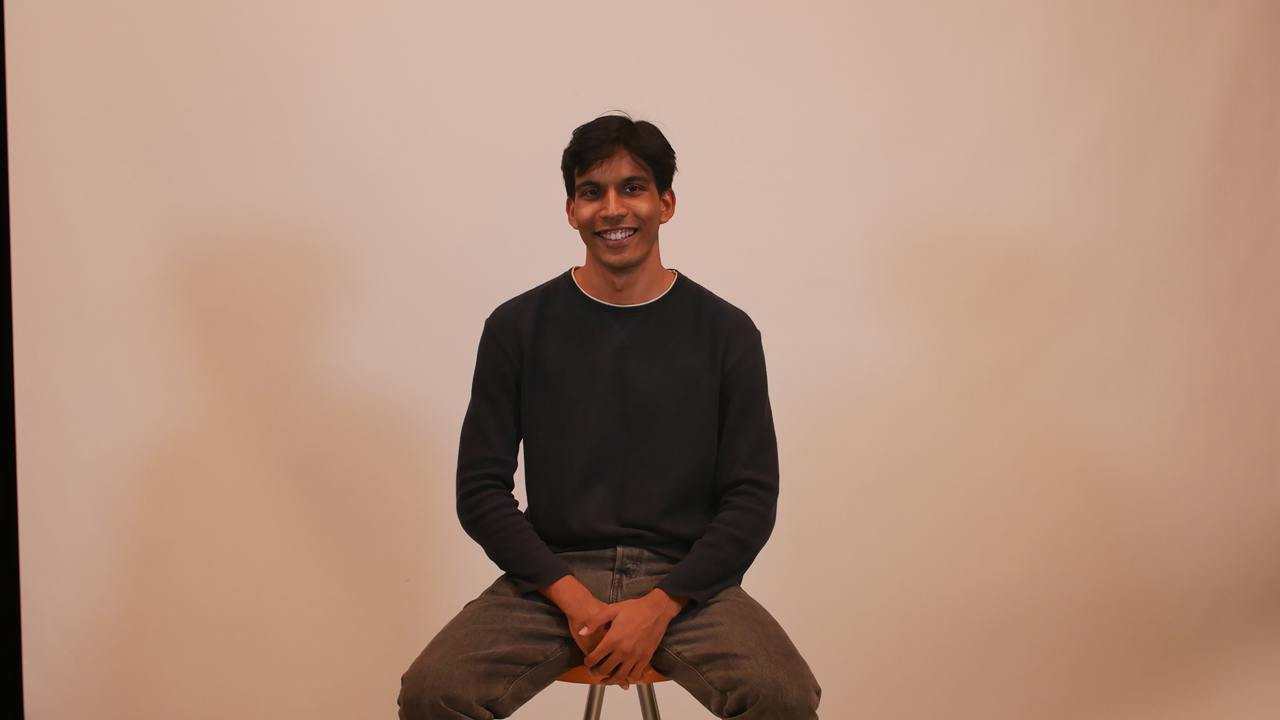


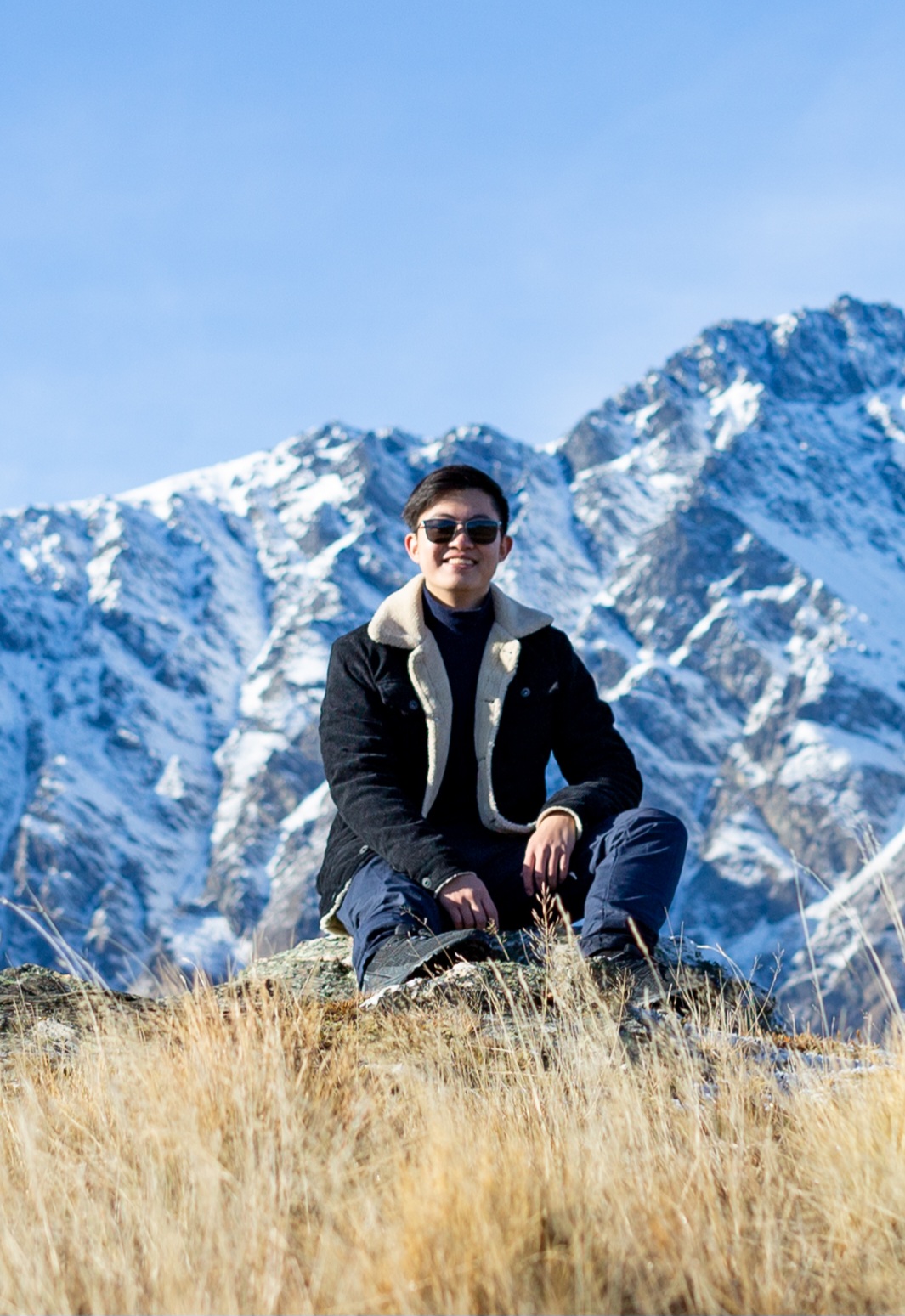


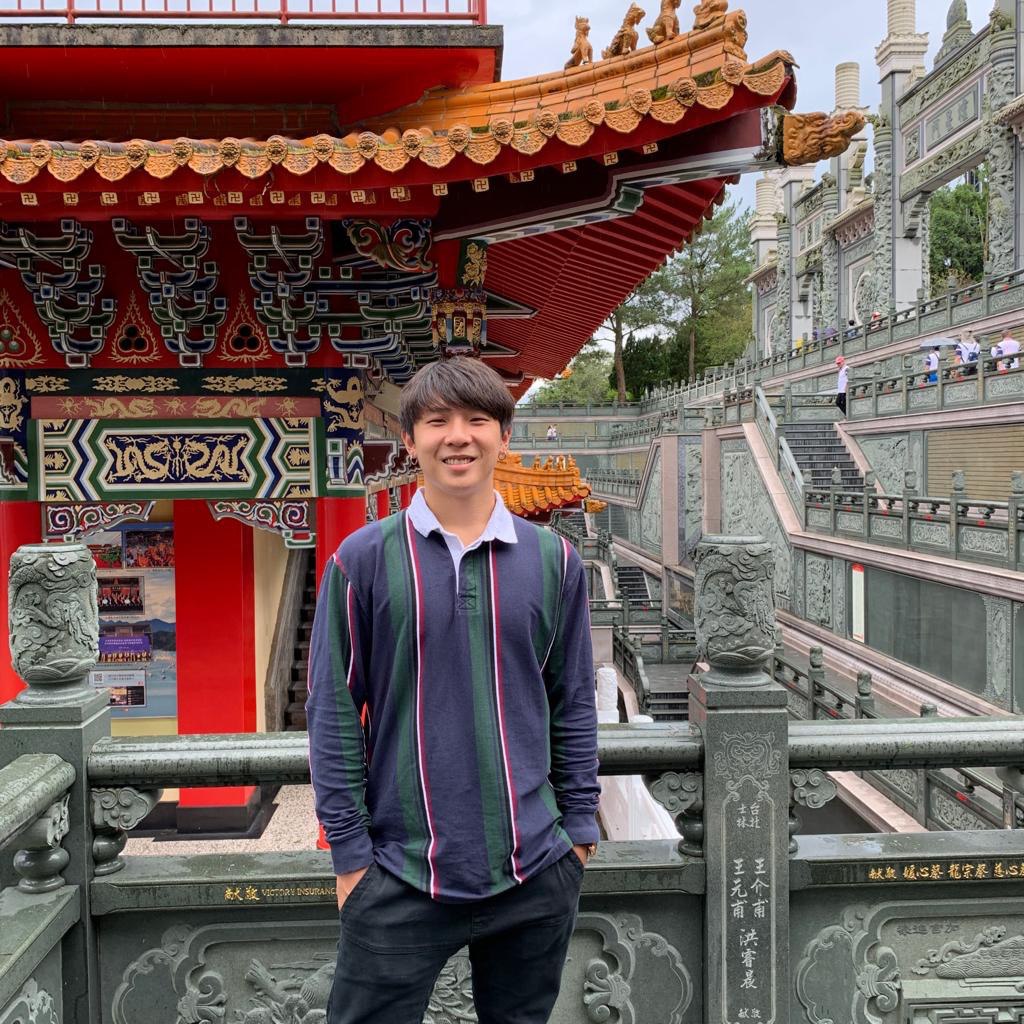










At Singapore University of Technology and Design (SUTD), we believe that the power of design roots from the understanding of human experiences and needs, to create for innovation that enhances and transforms the way we live. This is why we develop a multi-disciplinary curriculum delivered v ia a hands-on, collaborative learning pedagogy and environment that concludes in a Capstone project.
The Capstone project is a collaboration between companies and senior-year students. Students of different majors come together to work in teams and contribute their technology and design expertise to solve real-world challenges faced by companies. The Capstone project will culminate with a design showcase, unveiling the innovative solutions from the graduating cohort.
The Capstone Design Showcase is held annually to celebrate the success of our graduating students and their enthralling multi-disciplinary projects they have developed.